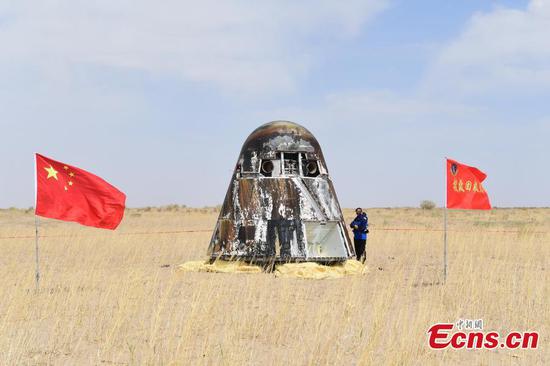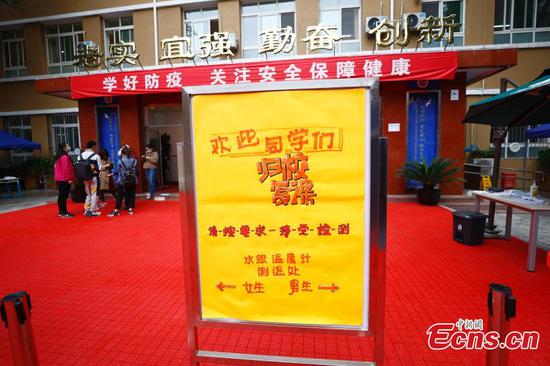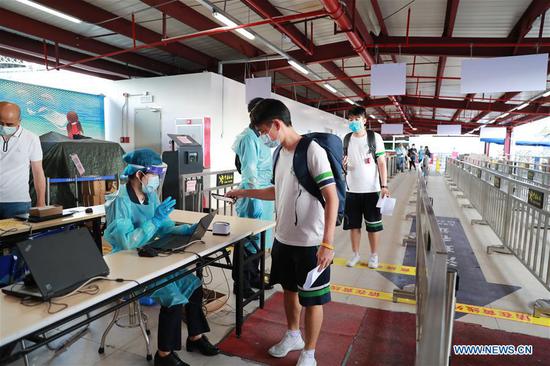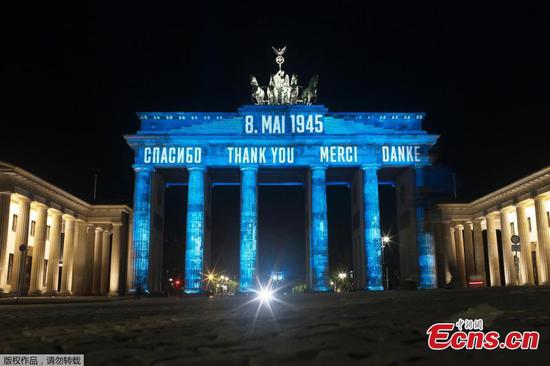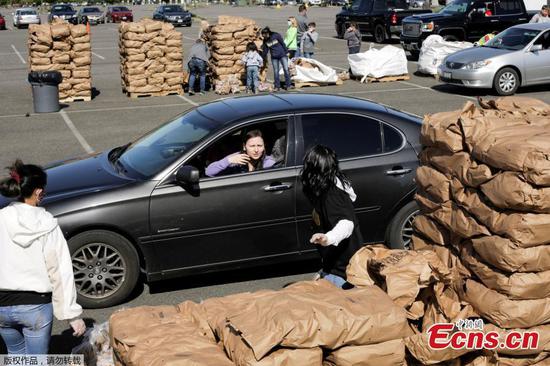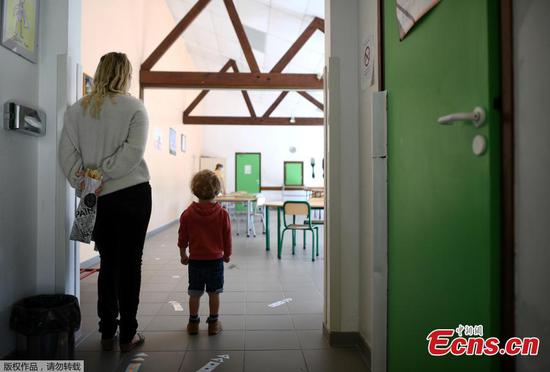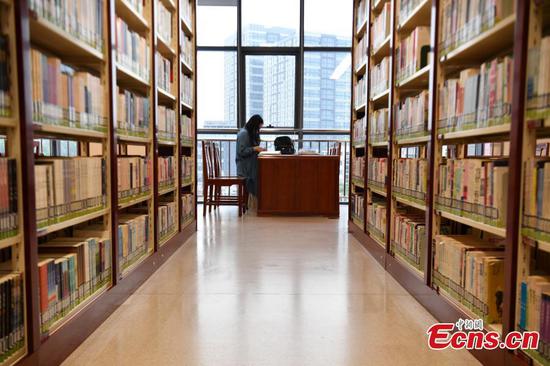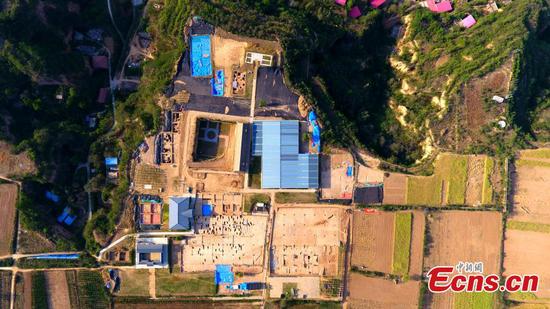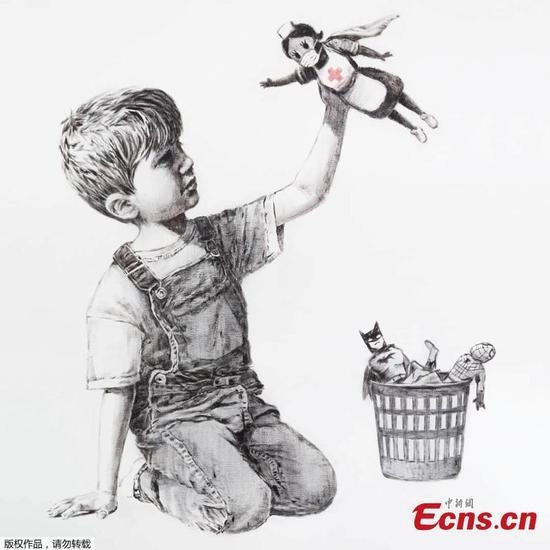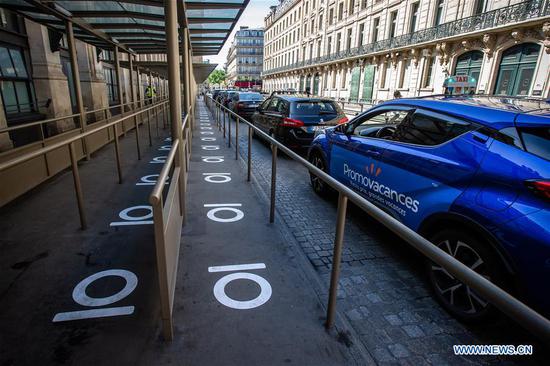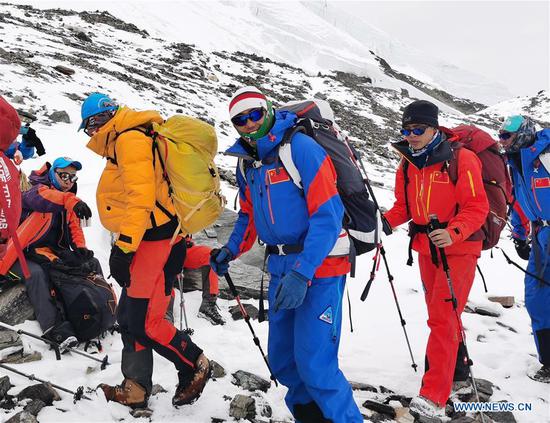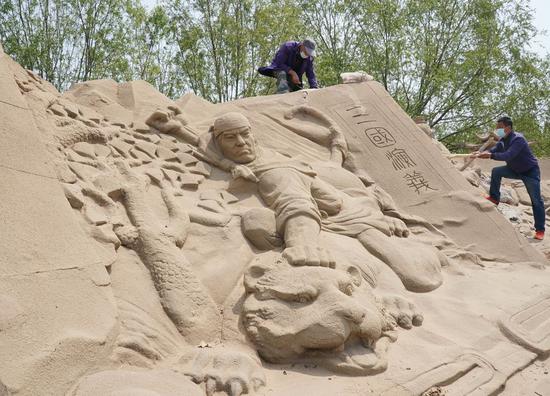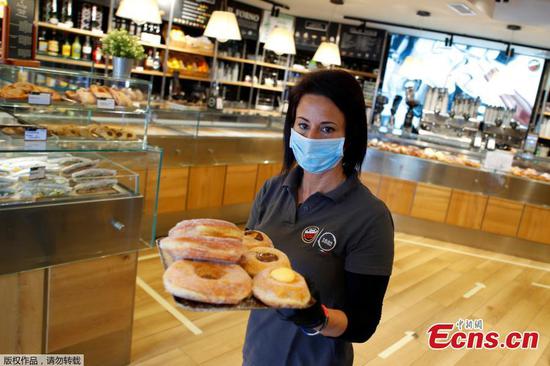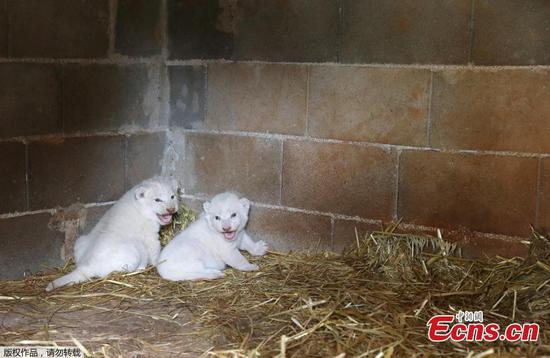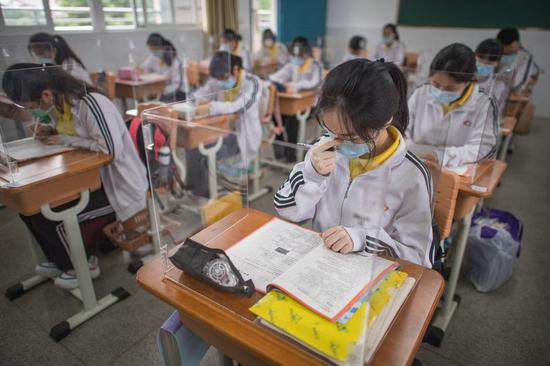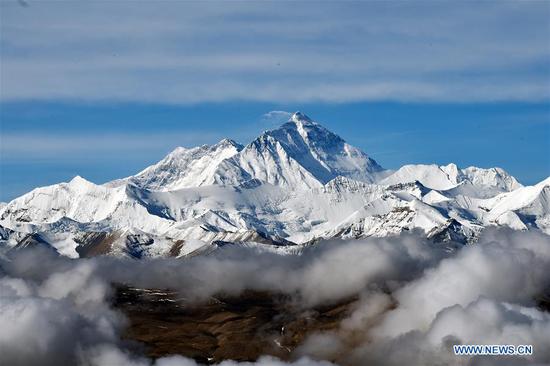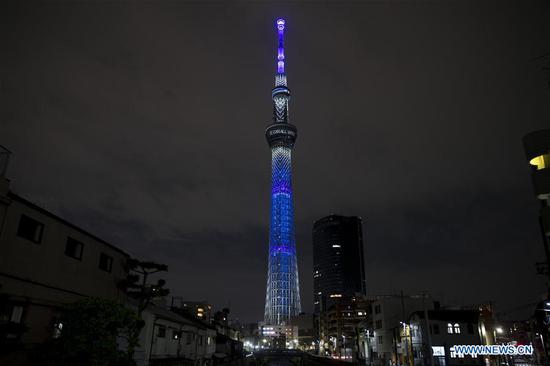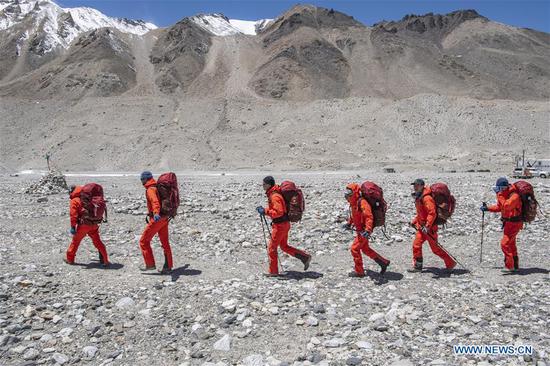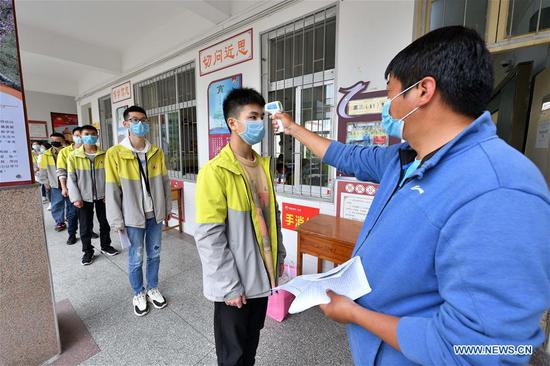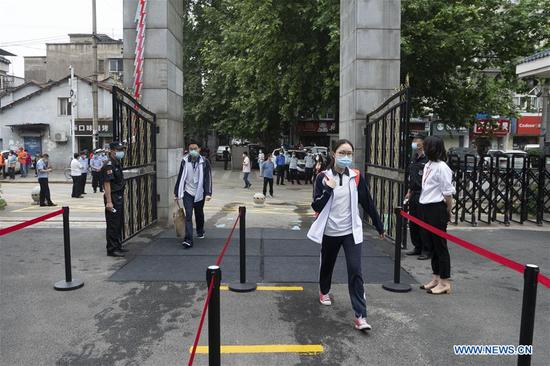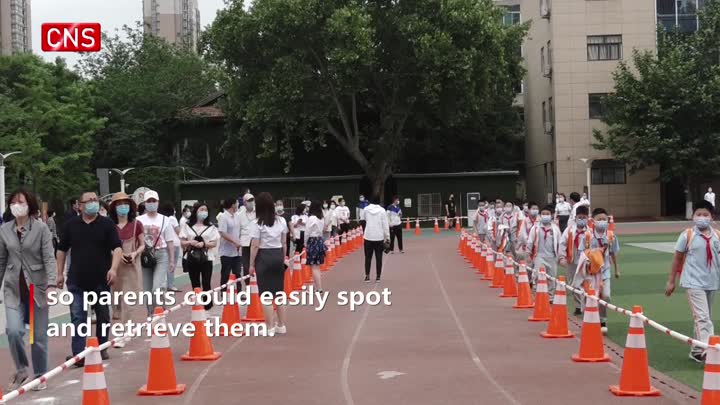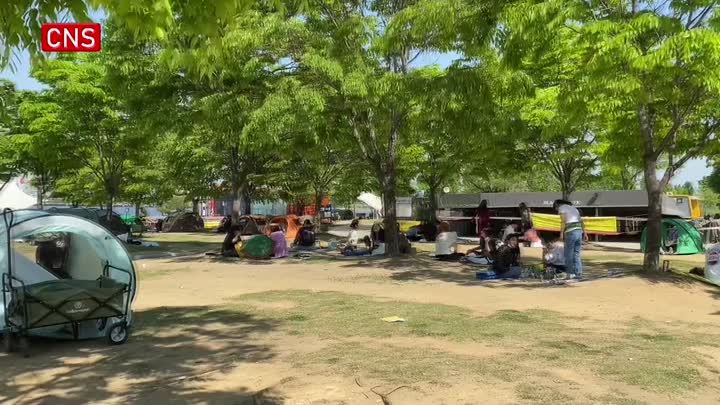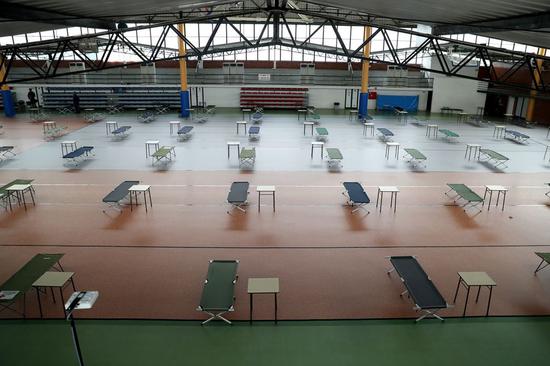
The second tough challenge concerns security and privacy.
The WHO has stressed the necessity to rapidly test, track and isolate every possible infection case and its contacts to cut off the chain of transmission. However, governments face the dilemma between sanitary security and people's privacy.
In Liechtenstein, part of its 40,000 people started to wear "biological bracelets" to have body temperature, heart rate and other data monitored in real-time so as to track potential infection. In its roadmap for deconfinement, the European Union stressed that the development and use of social tracking tools must proceed with full respect of privacy.
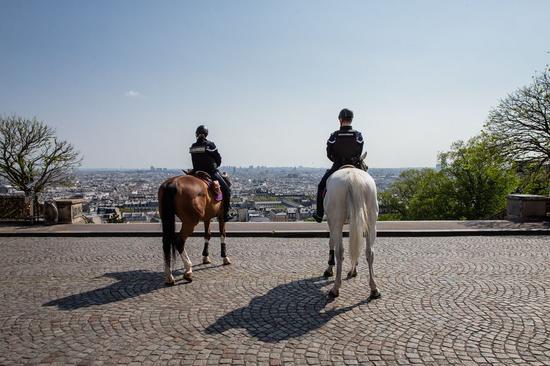
The third test involves localization or globalization.
Panicked by the epidemic, some countries backtracked to the "zero-sum game" with emphasis on "national priority." The latest WTO data showed that 80 countries and regions have imposed trade restrictions on medical materials and daily necessities.
Certain countries' ban on the export of medical supplies has hampered the production of Hamilton Medical in Switzerland, one of the world's largest manufacturers of ventilators. Restrictions on grain export by countries also triggered concerns over the security of global food supply.
Ren Minghui, assistant director-general for Universal Health Coverage/Communicable and Noncommunicable Diseases of the World Health Organization, has repeatedly called for a smooth trans-border flow of key resources to guarantee the "lifeline" in the fight against epidemics.
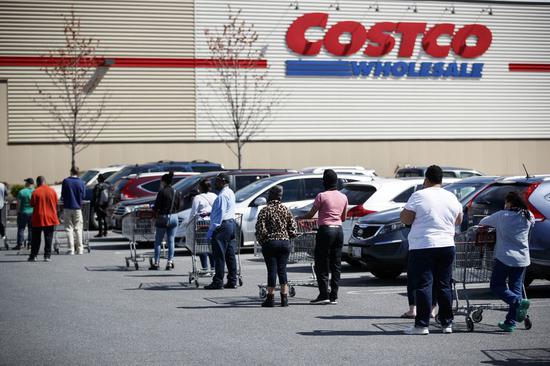
NEW OPPORTUNITIES
In every crisis lies an opportunity. At a time when the health system, economic order and governance capacity are challenged, searching for a way out of the crisis underlines the importance of building a community with a shared future for mankind. After 100 days since the alarm of a pandemic was sounded, new opportunities for solutions came in sight.
First of all, the concept of a community with a shared future for mankind is going deeper in people's minds.
The coronavirus pandemic knows no borders and recognizes no races. As United Nations Secretary-General Antonio Guterres emphasized, "We face a crisis unlike any other. To overcome it, we must unite."
Following its outbreak, China published the virus gene sequence, winning time for the rapid development of testing tools; medical supplies were shipped to wherever needed and medical teams were sent to the countries in need; researcher worked together in the WHO's "Unity Experiment;" musicians from across the world held an online concert, raising over 100 million U.S. dollars for the fight against COVID-19 ...
The use of digital technology will also speed up.









